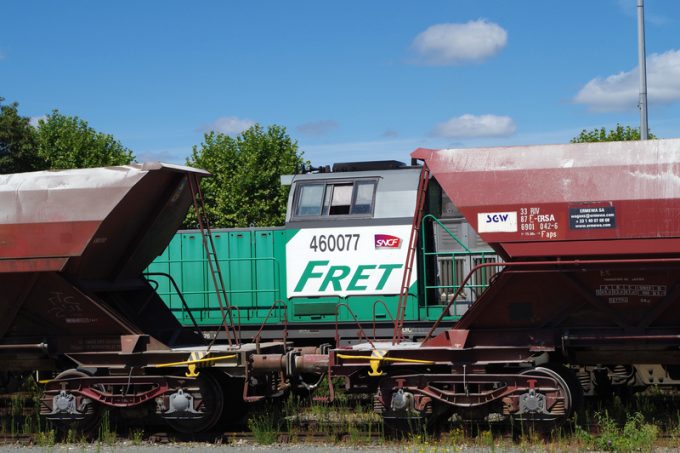French rail workers plan strike 'double-whammy' over Fret SNCF break-up
French rail workers have lined up a double-whammy of strikes in the Christmas build-up, with ...

News that France’s rail freight operator Fret SNCF is to be restructured has been met with mixed emotions amid concerns of job losses and threats to Europe’s green agenda.
Reports began circulating yesterday that a decision had been taken by state-owned parent SNCF to restructure its freight operations to avoid sanctions from the European Commission linked to an apparent improper use of state aid.
A letter from French MEP Karima Delli to the Commission and made available on Twitter said the issues ...
Ecommerce air traffic to US set to grind to a halt as de minimis exemption ends
Maersk u-turn as port congestion increases across Northern Europe
Apple logistics chief Gal Dayan quits to join forwarding group
Widespread blanked sailings stave off major collapse of transpacific rates
Transpac rates hold firm as capacity is diverted to Asia-Europe lanes
Airlines slash freighter capacity post-de minimis, but 'the worst is yet to come'
Houthis tell Trump they will end attacks on Red Sea shipping
MSC revamps east-west network as alliance strategies on blanking vary
Maersk Air Cargo sees volumes fall as it aims for 'margin in favour of revenue'
India-Pakistan 'tit-for-tat' cargo ban sparks sudden supply chain shocks
Containership charter market feels the ripples from trade tensions
Gemini Cooperation carriers steam ahead of rivals in reliability stakes
Changing shipment origin won't wash: US CBP turns away whole truckloads
Expeditors reports healthy growth in a 'frenzied landscape of tariffs'
Tariff on imported products for drugs would be hard for US pharma to swallow
Atlas Air stays bullish on US change: 'we're flexible, we can fly to other markets'

Comment on this article